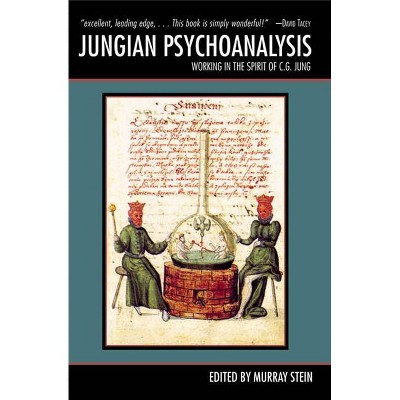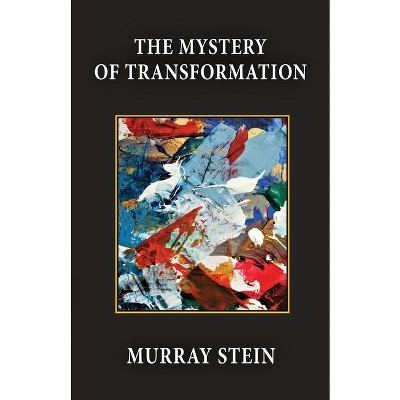Sponsored

Four Pillars of Jungian Psychoanalysis - by Murray Stein (Paperback)
In Stock
Sponsored
About this item
Highlights
- The Four Pillars of Jungian Psychoanalysis is a work that describes the methods that in combination sets this form of psychotherapy apart from all the others.
- Author(s): Murray Stein
- 142 Pages
- Psychology, Movements
Description
About the Book
"The Four Pillars of Jungian Psychoanalysis is a work that describes the methods that in combination sets this form of psychotherapy apart from all the others. The first chapter describes how the theory of individuation serves as an assessment tool for the analyst and guides the process toward the client's further psychological development. The second chapter, on the analytic relationship, discusses the depth psychological understanding of the healing effect of the therapeutic encounter. Working with dreams and active imagination comprise the other two chapters. In both of these chapters, there is detailed discussions of how these methods are used in Jungian psychoanalysis and to what purpose. It is the combination of "the four pillars" that makes Jungian psychoanalysis unique"--Book Synopsis
The Four Pillars of Jungian Psychoanalysis is a work that describes the methods that in combination sets this form of psychotherapy apart from all the others. The first chapter describes how the theory of individuation serves as an assessment tool for the analyst and guides the process toward the client's further psychological development.
The second chapter, on the analytic relationship, discusses the depth psychological understanding of the healing effect of the therapeutic encounter. Working with dreams and active imagination comprise the other two chapters. In both of these chapters, there is detailed discussions of how these methods are used in Jungian psychoanalysis and to what purpose. It is the combination of "the four pillars" that makes Jungian psychoanalysis unique.











